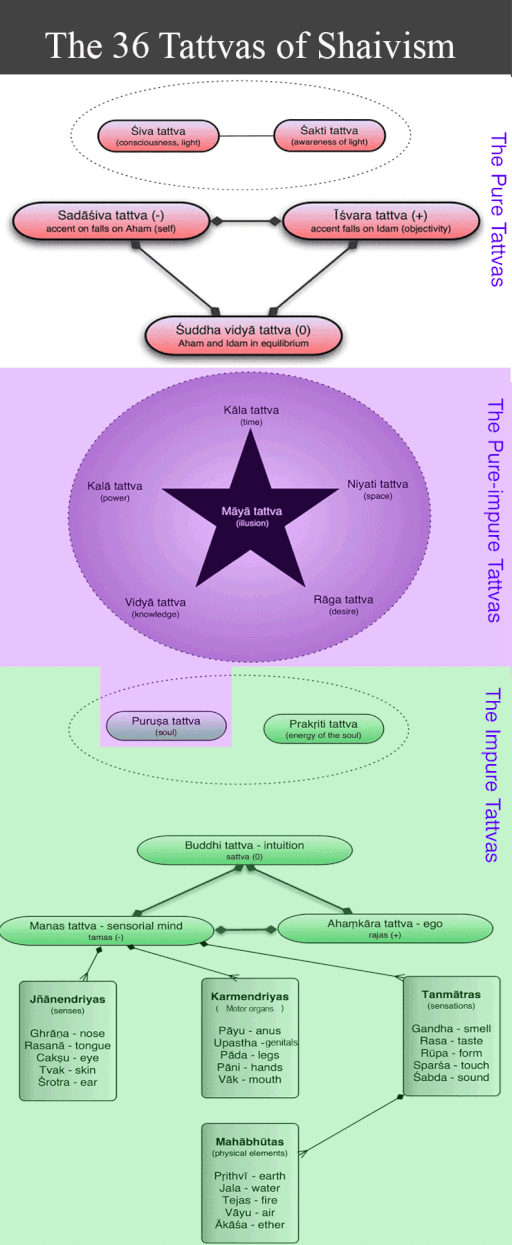What are Agamas and Kashmir-Shaivism?
Kashmir Shaivism is a non-dualistic school of Hindu philosophy that originated in Kashmir, India. It is based on the teachings of the Agamas, a collection of sacred texts that are believed to have been revealed by the god Shiva.
it is foolish on my behalf to explain the difficult and complex subject, just trying to give you a glimpse of it.
If you are born and bought up in India, The word Shakti itself invokes vibrations, and if you visit the Shakti pitha, you will feel the energy, of course, you should have some kind of spiritual orientation already.
The central concept of Kashmir Shaivism is that of Shiva-Shakti, the union of the absolute (Shiva) and the relative (Shakti). Shiva is the unmanifest ground of all existence, while Shakti is the creative power that manifests the universe.
Kashmir Shaivism teaches that the goal of human life is to achieve moksha, or liberation from the cycle of birth and death. This can be achieved through a variety of practices, including meditation, yoga, and mantra repetition.
Some of the most important figures in the history of Kashmir Shaivism include:
Abhinavagupta (950-1019), the most important philosopher of Kashmir Shaivism
Utpaladeva (925-975), Abhinavagupta’s teacher
Lakshmanjoo (1907-1991), a 20th-century teacher of Kashmir Shaivism
Kashmir Shaivism is a rich and complex tradition that has had a profound impact on Hindu thought and practice. It is a living tradition that continues to be practiced by people all over the world.
The Origin of Agamas & Kashmir-Shaivism
The origin of Agamas and Kashmir Shaivism dates back to ancient times. According to Hindu mythology, Lord Shiva is considered the creator and destroyer of the universe. It is believed that Shiva revealed the Agamas to his wife, Parvati, who then revealed them to the sages and saints. The Agamas are divided into four categories, namely, Shaiva Agamas, Vaishnava Agamas, Shakta Agamas, and Ganapatya Agamas.
Kashmir Shaivism, on the other hand, originated in Kashmir in the 8th century. It was founded by Abhinavagupta, who was a philosopher, mystic, and scholar. Abhinavagupta was a follower of Shaivism and was deeply influenced by the teachings of the Agamas. He is considered as one of the greatest exponents of Kashmir Shaivism.
The Philosophy of Agamas & Kashmir-Shaivism
The philosophy of Agamas and Kashmir Shaivism is based on the belief that the ultimate reality or consciousness is Shiva. Shiva is considered as the source of all creation and the ultimate goal of human life is to realize this consciousness within oneself. The Agamas describe Shiva as both transcendent and immanent and emphasize the importance of devotion and ritual practices to attain liberation. Kashmir- Shaivism, on the other hand, emphasizes the concept of Spanda, which means vibration or pulsation. According to Kashmir-Shaivism, everything in the universe is a manifestation of this pulsation, and all beings have the potential to realize this consciousness within themselves. The philosophy of Kashmir Shaivism is based on the belief that there is no duality between the individual self and the ultimate reality and that the ultimate reality is present in everything.
The Practices of Agamas & Kashmir-Shaivism
The practices of Agamas and Kashmir Shaivism are aimed at attaining self-realization and liberation. The Agamas emphasizes the importance of devotion and ritual practices such as puja, mantra chanting, and meditation. The Shaiva Agamas describe various rituals and practices to be performed in temples, including the worship of the lingam, which is a symbol of Shiva.
Kashmir Shaivism, on the other hand, emphasizes the importance of meditation and inner contemplation. The practice of Kashmir Shaivism involves the use of mantras, yantras, and mudras to attain self-realization. The practice of Kashmir Shaivism is based on the belief that the ultimate reality can be realized through the direct experience of consciousness.
Key features of Kashmir-Shaivism
Non-duality: Kashmir-Shaivism is a non-dualistic tradition, which means that it teaches that there is no fundamental difference between the individual soul (Atman) and the absolute reality (Brahman).
Shakti: Kashmir Shaivism places a great deal of emphasis on the power of Shakti, the divine feminine energy. Shakti is seen as the creative force that manifests the universe and as the means by which the individual soul can achieve liberation.
Yoga: Teaches that yoga is a path to liberation. Yoga is seen as a method of uniting the individual soul with the absolute reality.
Meditation: Meditation is another important practice in Kashmir Shaivism. Meditation is seen as a way of calming the mind and bringing the individual soul into union with absolute reality.
Mantras: Mantras are sacred syllables or words that are used in Kashmir Shaivism. Mantras are seen as having the power to bring about transformation and to help the individual soul achieve liberation.
Kashmir Shaivism is a rich and complex tradition that has had a profound impact on Hindu thought and practice. It is a living tradition that continues to be practiced by people all over the world.
Image Credit
Visarga, CC BY-SA 4.0, via Wikimedia Commons
